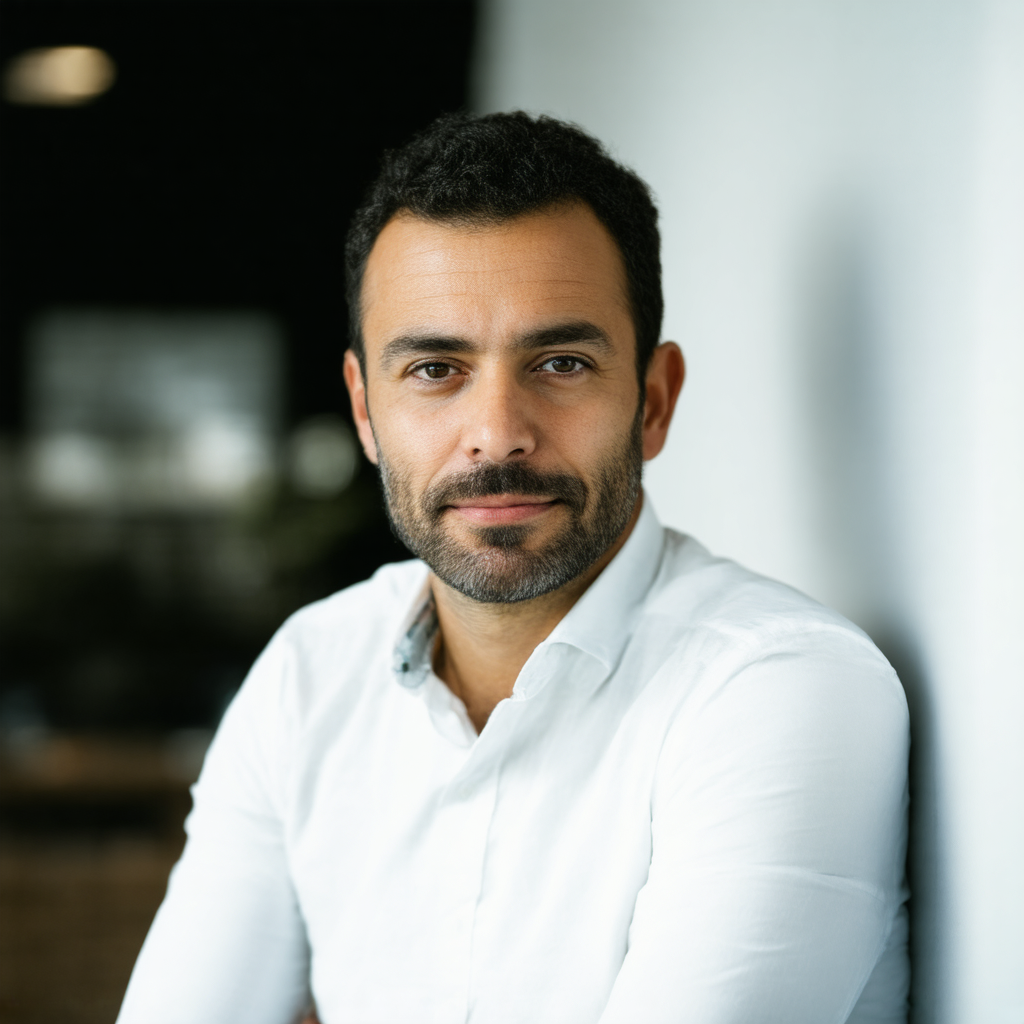
In the stifling heat of Malawi’s capital, Lilongwe, the streets once bustling with life now stand eerily quiet. The COVID-19 lockdown has brought an unprecedented silence, a forced pause in the daily rhythm of this small African nation. But beneath this veneer of calm lies a tense undercurrent—a struggle for survival that extends far beyond the immediate threat of the virus.
The government’s response to the pandemic has been met with both praise and criticism. While some commend the swift action to contain the spread, others argue that the measures have been used as a pretext for tightening control. The streets may be quiet, but the jails are filling up. Dissidents, activists, and ordinary citizens caught in the wrong place at the wrong time find themselves behind bars, their only crime the act of speaking out against the growing authoritarianism.
Amid this backdrop, cash has become more than just a means of exchange—it’s a lifeline. In a country where 70% live below the poverty line, the ability to bribe officials often determines whether you can secure food, shelter, or freedom. The judicial system, already fragile before the pandemic, has crumbled under the pressure. Courts remain closed, and those with the means to pay find themselves at an advantage, while the rest are left to fend for themselves.
One evening, as I walked through a crowded market, I met Aisha, a young mother of three whose husband was detained without trial. “They took him because he spoke out against the government,” she whispered, her eyes darting nervously. Aisha had spent all her savings on bribes to secure her husband’s release, but each day brings new threats. “We have no justice here,” she sighed, her words a indictment of a system that has failed its people.
The digital divide is as stark as ever. Those with access to the internet share stories of injustice and corruption in real-time, while the majority remain offline, their voices unheard. The hashtag #MalawiLockedDownJustice began trending on social media, a testament to the power of digital culture in amplifying voices in the face of oppression.
In Europe, young activists are following these developments with growing concern. Many see parallels between the suppression of dissent in Malawi and the rise of far-right groups in their own countries. They organize virtual solidarity campaigns, raising awareness and funds for those fighting for justice in Malawi.
The pandemic has exposed the fragility of systems already stretched thin by inequality. In Malawi, it has become a tool for further entrenching power imbalances, but it has also sparked a renewed determination to fight for justice. The cash economy may be thriving, but the true measure of a society lies not in how much we can buy, but in how we treat those who cannot.
As I walked back through the market that night, I saw hope in the eyes of Aisha and others like her. Despite the obstacles, they refuse to be silenced. In their resilience, they remind us that justice is not a luxury—it’s a necessity. And until it is achieved, the struggle continues.
About the Author:
Tobias Müller is Multimedia Producer at our publication. Journalist and multimedia producer with a focus on European youth movements and digital culture. Tobias uses innovative storytelling techniques to engage younger audiences.
 Journalist and photographer with a focus on Middle Eastern youth and their cultural contributions. Aisha’s work bridges traditional and modern storytelling in the region.
Journalist and photographer with a focus on Middle Eastern youth and their cultural contributions. Aisha’s work bridges traditional and modern storytelling in the region. Writer and researcher specializing in Asian arts and migration stories. Bella’s work explores how young Asians are shaping global culture through their experiences.
Writer and researcher specializing in Asian arts and migration stories. Bella’s work explores how young Asians are shaping global culture through their experiences. Reporter with a background in investigative journalism, focusing on human rights and social justice. Luis has worked across Latin America and Europe, uncovering stories that resonate globally.
Reporter with a background in investigative journalism, focusing on human rights and social justice. Luis has worked across Latin America and Europe, uncovering stories that resonate globally. Sarah is a seasoned journalist with over 15 years of experience in global news and media. She has led teams in some of the world’s most challenging reporting environments, bringing a vision for storytelling that connects cultures and empowers voices.
Sarah is a seasoned journalist with over 15 years of experience in global news and media. She has led teams in some of the world’s most challenging reporting environments, bringing a vision for storytelling that connects cultures and empowers voices.